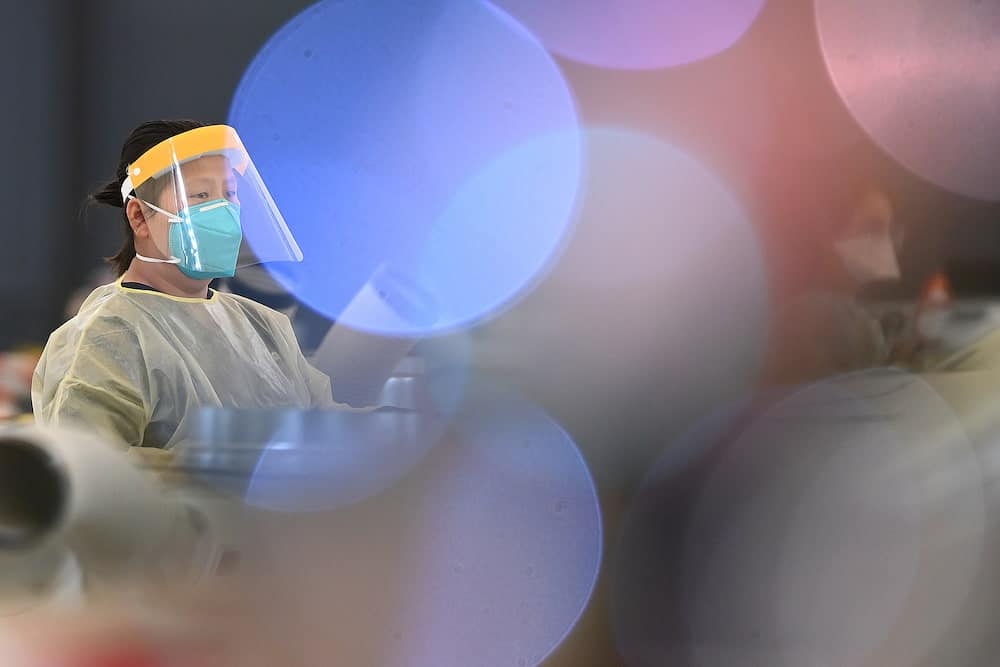States and territories are slowly reintroducing restrictions and updating how they trace and isolate positive cases as infections soar across the country.
Compulsory mask wearing is now in place across almost every state and territory after NSW Premier Dominic Perrottet backflipped on his anti-mandate position on Thursday.
The state will also reintroduce QR codes for hospitality and retail as well as some lower risk settings, while density limits will return after Christmas.
It comes after the state hit a new record of 5715 daily infections and one death on Thursday, which is up almost 2000 cases from the day before.
Victoria also reintroduced a mask mandate, with the state recording more than 2000 new infections and 10 deaths on Thursday.
Western Australia Premier Mark McGowan followed the lead of the two biggest states after a backpacker tested positive on Thursday and was infectious in the community for a number of days.
High risk, large public events will be cancelled and dancing has been banned except for at weddings.
“I know this is not the news we wanted to hear two days before Christmas, but unfortunately this is the reality of COVID-19,” he said.
Queensland reported 369 new daily infections, South Australia 484, Tasmania 26 and the Northern Territory 10.
The ACT also recorded a new daily case record with 85 new infections, prompting the territory to update its definition of a close contact in light of the spike.
Close contacts will now only be defined as a household contact of a positive case, or someone who has spent an extended period of time with a positive case.
Casual contacts will no longer need to fill out a declaration form for ACT health authorities, but will still need to get tested and isolate until a negative result is received.
There are also growing calls for the federal government to make rapid antigen tests available for free as concerns rise over a Christmas spike.
The NSW government announced on Thursday it’s intention to make rapid antigen tests free to ease congestion at overwhelmed PCR testing sites.
Mr Perrottet said people lining up for a test who don’t have symptoms or aren’t close contacts should take a rapid test instead.
“If you don’t feel unwell and you are not required to get tested by NSW Health, please don’t because you’re taking (someone’s) place in the queue and slowing down people who are required to get tested,” he said.
The NSW government estimates about one in five tests are for the purposes of travel, and this number jumps to around 50 per cent in the ACT, according to the territory’s health minister.
The blown out lines at testing clinics around the country have prompted calls for a rethink of entry requirements in states like Queensland which demand a negative PCR test prior to arrival.
Queensland will move to allow rapid antigen tests ahead of travelling but not ahead of the new year.
Opposition leader Anthony Albanese wants the federal government to do more on the rapid testing front.
“I don’t think anyone should be excluded from getting a rapid antigen test because of their income,” he said.
The federal government has put in free rapid testing measures at residential aged care facilities but resisted calls by medical professionals to make the tests free universally.
By Dominic Giannini in Canberra
Get all the latest Canberra news, sport, entertainment, lifestyle, competitions and more delivered straight to your inbox with the Canberra Daily Daily Newsletter. Sign up here.



